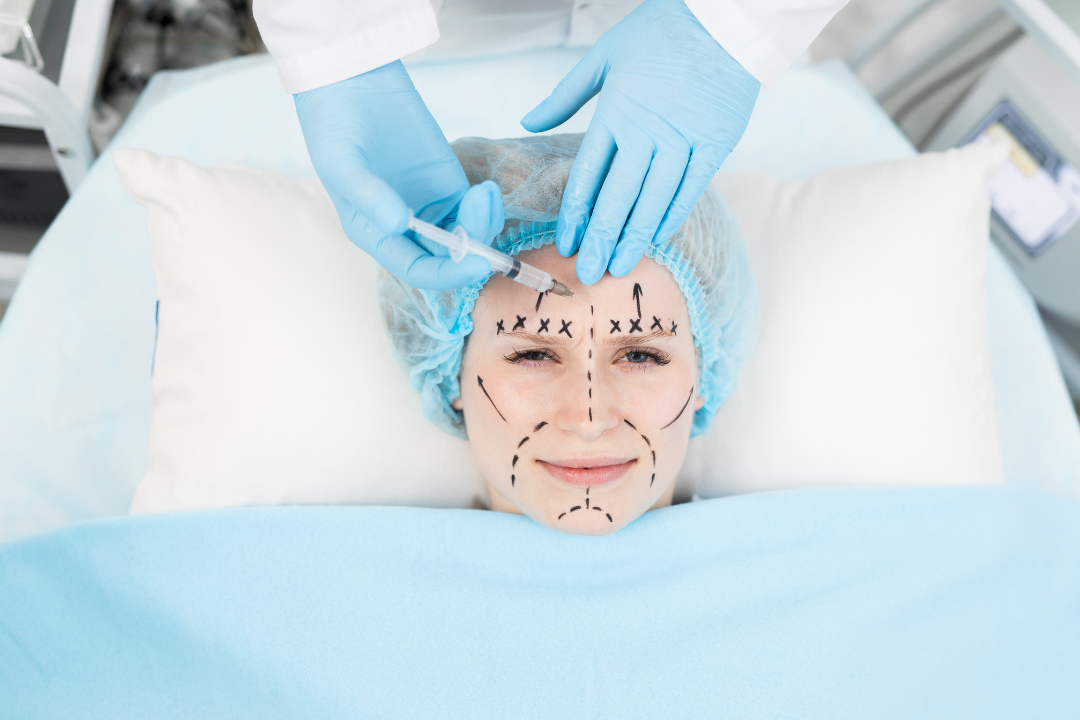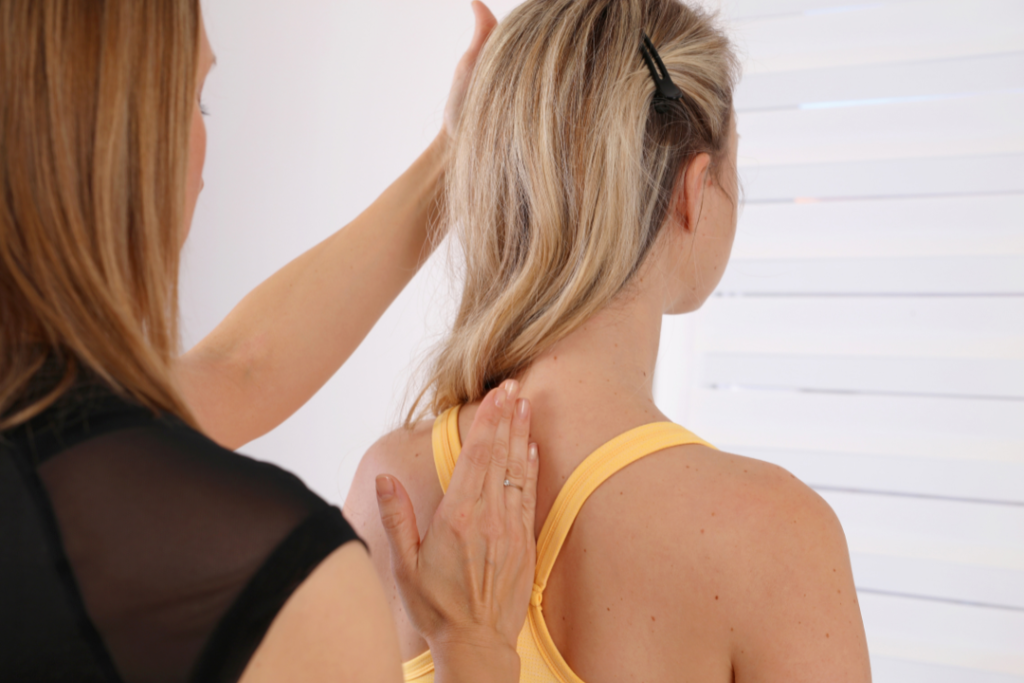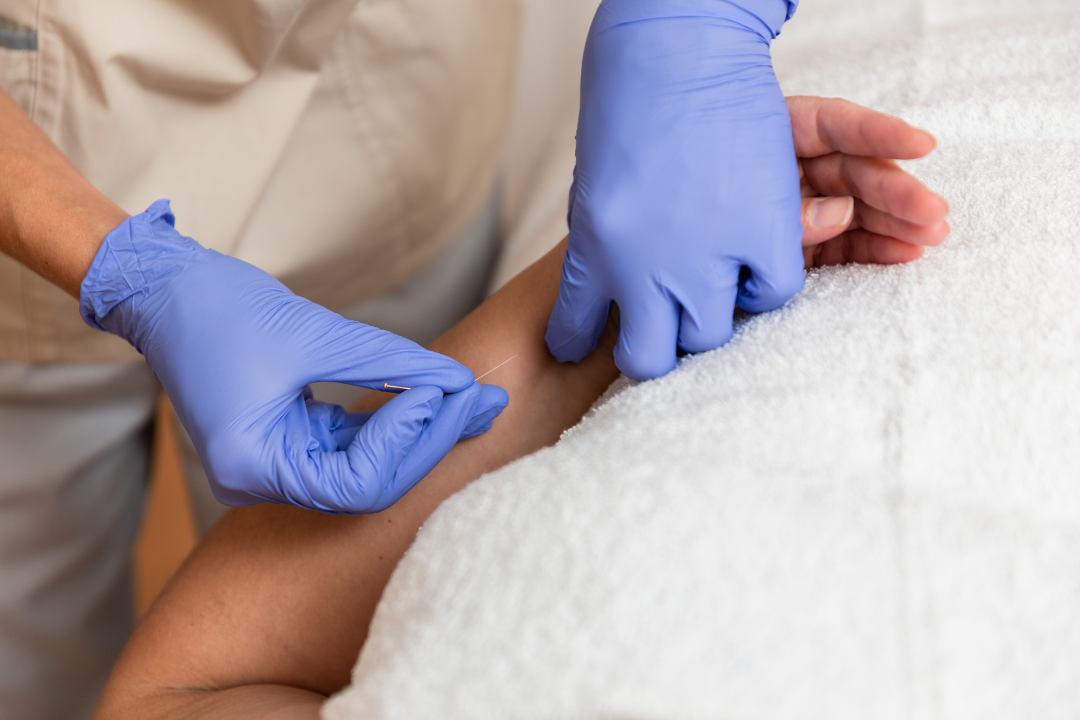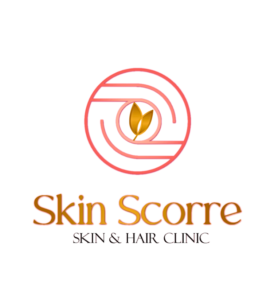Non Invasive Treatment
Non-invasive treatments refer to cosmetic procedures that do not require surgery or significant penetration into the body. These procedures are designed to enhance appearance, reduce signs of aging, or address specific skin concerns without the need for surgical intervention. Non-invasive treatments offer several benefits, including minimal downtime, fewer risks, and generally quicker recovery periods.



Is It For you
Desire for Facial Rejuvenation: If you’re seeking facial rejuvenation to address concerns such as skin laxity, wrinkles, or fine lines, HIFU therapy may be suitable for you. It is considered a non-invasive and painless alternative to traditional facial rejuvenation procedures.
Collagen Stimulation: HIFU therapy promotes the production of collagen, a vital protein responsible for skin strength and structure. If you’re looking to improve skin firmness and elasticity without surgery or downtime, HIFU can help stimulate collagen production for gradual skin tightening and rejuvenation.
Focused Ultrasound Energy: HIFU therapy targets specific layers of skin beneath the surface using focused ultrasound energy. If you prefer a treatment that precisely targets problem areas without damaging the upper layers of the skin or surrounding tissue, HIFU may be suitable for you.
Suitability for All Skin Types: HIFU therapy is generally suitable for individuals of all skin types and tones. Unlike some other skin rejuvenation treatments, HIFU does not rely on light or heat energy, making it a versatile option for a wide range of patients.

Steps
Consultation: The process begins with a consultation with a qualified healthcare provider or skincare specialist. During this consultation, your skin concerns and treatment goals will be discussed, and your suitability for HIFU therapy will be assessed based on your medical history and skin condition.
Preparation: Before the treatment, your skin will be cleansed thoroughly to remove any makeup, dirt, or oil. The treatment area may also be marked to guide the application of ultrasound energy.
Application of Ultrasound Gel: A layer of ultrasound gel will be applied to the skin in the treatment area. This gel helps to enhance the transmission of ultrasound energy and ensures optimal contact between the ultrasound device and your skin.
Ultrasound Energy Delivery: The HIFU device emits focused ultrasound energy, which penetrates through the skin to target specific layers beneath the surface. The energy is delivered in controlled pulses to ensure precise treatment of the desired areas.
Tissue Heating and Collagen Stimulation: As the ultrasound energy reaches the target tissue, it causes rapid heating, leading to cellular damage. This damage triggers the body’s natural healing response, stimulating the production of collagen, which helps to tighten and firm the skin over time.
Post Care
Avoid Sun Exposure: After HIFU therapy, it’s essential to protect your skin from direct sunlight and UV radiation. Avoid prolonged sun exposure and use broad-spectrum sunscreen with SPF 30 or higher on the treated area, even if it’s cloudy outside.
Keep the Skin Hydrated: Maintain proper skin hydration by applying a gentle moisturizer to the treated area regularly. This helps soothe the skin and supports the healing process.
Avoid Harsh Skincare Products: In the days following HIFU therapy, avoid using harsh skincare products or treatments that could irritate the skin, such as exfoliants, retinoids, or chemical peels. Stick to gentle, non-irritating skincare products recommended by your healthcare provider.
Avoid Hot Showers and Baths: Refrain from taking hot showers or baths for at least 24 to 48 hours after HIFU therapy. Hot water can exacerbate redness and inflammation in the treated area.
Avoid Intense Physical Activity: Limit vigorous exercise and strenuous activities for the first few days following HIFU therapy. Physical exertion can increase blood flow to the skin and may prolong redness or swelling.
Stay Hydrated: Drink plenty of water to stay hydrated and support the body’s natural healing processes. Adequate hydration helps maintain skin elasticity and promotes overall skin health.
